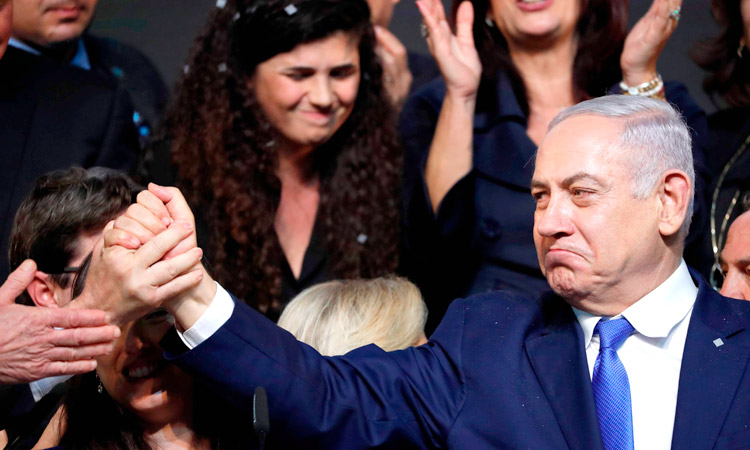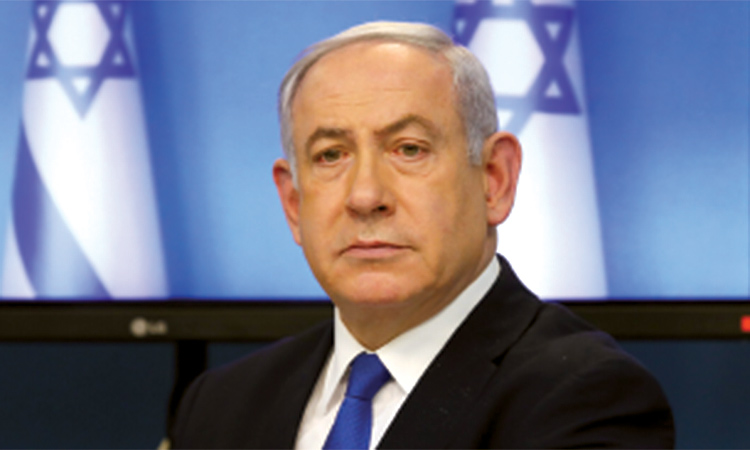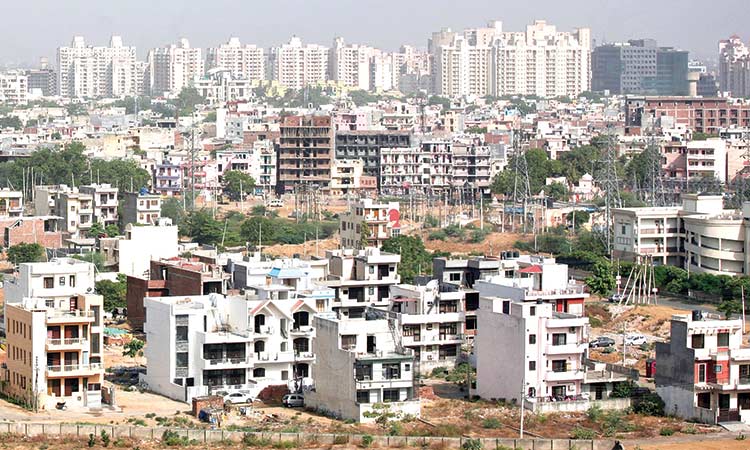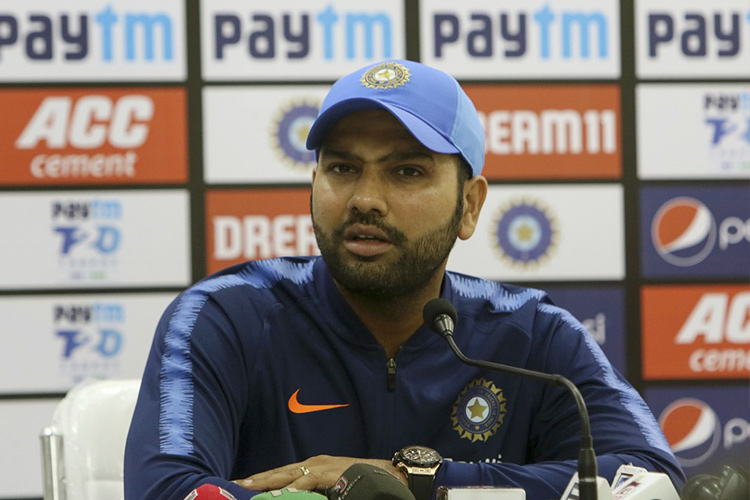Changes that prove a threat to Israel’s democracy
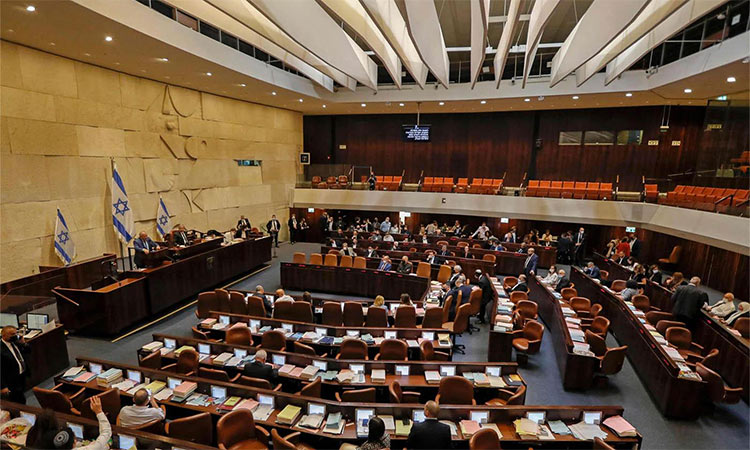
A session in progress at the Knesset in Tel Aviv. (File)
There is an uproar in Israel and among Israel supporters in the United States like Alan Dershowitz because they fear these changes pose a threat to Israeli democracy, making the executive much too powerful and dictatorial. Dershowitz, a close friend of Prime Minister Benjamin Netanyahu, said that he informed Netanyahu of his opposition to the proposed changes. Netanyahu on his part said that there should be ‘right balance’ between the judiciary and the legislature, and that changes should be made with caution. But critics are not assured. Political observers believe that these changes would help Netanyahu who is facing charges of corruption to override the court’s decision and remain in power. And that this will help the ultra-religious party leader of Shas, Arye Dery, who has been convicted of tax evasion to remain in government.
Israel and its apologists in the West, including the United States, have been boasting for decades now that Israel is the lone democratic state in West Asia, and supporters of Israel were in the habit of decrying the other democracies in the region. But now the character of Israel’s democracy will change. The boast of Israel as a democracy will turn into an empty claim. It is very clear that the right-wing parties are not worried that they are destroying democracy. They want to impose their worldview on secular and liberal Israelis, who form a substantial segment of Israeli society. But the orthodox elements are keen to destroy to dismantle democratic rights in the country because they are ideologically opposed to secularism.
More importantly, the right-wing political parties in the country also want to abandon any pretence of a democracy to eliminate the rights of the Palestinians in Israel and in the occupied West Bank, the territory illegally acquired in the 1967 Israel-Arab war. In many ways, Israel’s secular politicians have a taken a hard line against Israel, and they have only contributed to the unreasonable and vengeful positions adopted by the Israeli right-wingers towards Palestinians. The liberals and secularists had overlooked the fact that Israel cannot remain a democracy if it denies democratic aspirations of Palestinians inside Israel and in the Palestinian Territories. The only hope of Israel not turning into an authoritarian state lies in the fragile coalition that Netanyahu has built to form his government. A break in coalition due to differences – and there are far too many – and personality clashes make the existence of this government precarious. But if Israel wants to be the democracy it believes that it is, then it is necessary that even an extreme right-wing political party should believe in the liberal values that underlie a democracy. Israel’s democracy is in danger because the extreme right-wingers in Israel have no compunction in throwing democracy out of the window.
